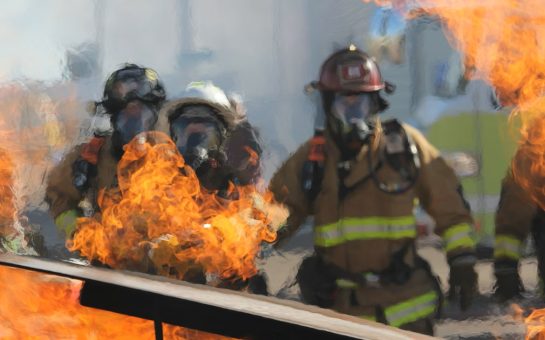Is it a bap or barm? Or as southerners say, a roll? The rivalry between the ‘posh’ and ‘poor’ extends beyond traditional differences and into language, a Manchester University study has revealed.
The research shows that gravy-loving northerners tend to use different terms for everyday items compared to their ‘soft’ southern counterparts.
A survey of 1,400 English speakers by linguist Dr Laurel MacKenzie revealed that, depending on what region of the country you born, you likely use different language and have alternate pronunciations.
Dr MacKenzie said: “This research shows a clear north south divide in many of the words we choose to use when describing everyday items, and the way we pronounce them.
“Variation is pervasive in language, and often correlates with social factors, like age, socioeconomic status and a person’s place of origin.”
Items such as bread, trousers, footwear and evening meals all have separate terms that are determined by where you live.
For example ‘pants’-wearing northerners enjoy a ‘bap’, ‘bun’ or ‘barm’ for their ’tea’, southerners in ‘trousers’ are more likely to tuck into a ‘roll’ for their ‘dinner’.
“It is not completely clear why different words are used to describe the same thing in different parts of the country,” Added Dr MacKenzie.
“There are sometimes anecdotal explanations for instance, daps, the south west’s word for sports shoes, is said to be an abbreviation of Dunlop Athletic Plimsolls, but they’re often hard to verify.”
The research also highlighted how northerners and southerners pronounce the same words in completely different ways.
For example, ‘one’ and ‘gone’ typically rhyme when spoken by northerners, whereas it doesn’t tend to rhyme in southern accent.
Dr Mackenzie said: “The northern way of rhyming the words ‘put’ and ‘cut’, for example, is faithful to how these words were pronounced centuries ago.
“The source of regional differences in pronunciation is often more clearly understood. Changes in pronunciation may start in a particular area and spread outward, but be stopped or slowed down by political or geographical barriers.”
The way we describe soft round bread is also subdivided into smaller regions: ‘bun’ is common in Tyneside, ‘barm’ and ‘muffin’ in the north West, ‘teacake’ north of Manchester and ‘cob’ in the Midlands.
According to the survey those living in the midlands can’t make up their mind if they’re northern or southern.
Brummies tend to rhyme ‘one’ and ‘gone’, but mirroring southerners calling the evening meal ‘dinner’.
Scousers have their own version of the English language rhyming the words ‘fur’ and ‘bear’.
George Bailey, from Whitefield in Greater Manchester said: “I suppose the posh image of southerners is a bit of a stereotype.
“But, as a Mancunian, there is a real sense of northern identity here. The north south divide is talked about so much, but it’s nice that we can now clearly see evidence that the language is different too.”
Image courtesy of comedy_nose via Flickr, with thanks.
For more on this story and many others, follow Mancunian Matters on Twitter and Facebook.



